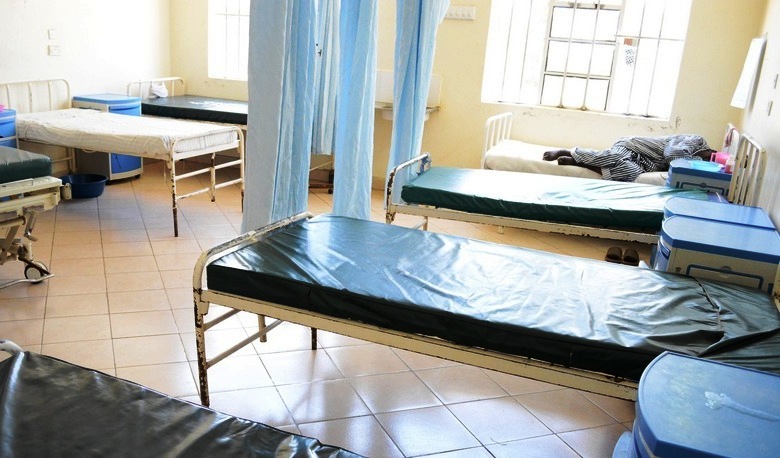Dr Sunday Abidoye, the World Health Organisation (WHO) Coordinator in Lagos State, on Friday said resources to prevent, identify and treat mental health problems such as depression were very scarce in Nigeria.
Abidoye made this known at a workshop held in Lagos and organised by the Mental Health Foundation in commemoration of the World Health Day (WHD), marked annually on April 7.
The theme for the 2017 WHD is entitled “Depression: Let’s Talk’’.
“In African region, there is critical shortage of qualified professionals with just one psychiatrist per one million people.
“Mental health work force of psychiatric nurses, occupational therapists, social workers is woefully inadequate.
“Lack of availability of psychotropic persons, proper information with well structures psychotherapy and other effective measures for primary healthcare services to treat depression is a cause for concern,’’ he said.
The coordinator urged government at all levels and other partners to improve and support mental health with financial resources.
He said that developing communities, paid services with focus on depression and condemning stigma would encourage more people to seek treatment.
“This can be done by having conversation about depression and it will allow families to detect and prevent it, even among youths and loved ones.
“Families, individuals, communities can take steps to help prevent depression by avoiding stressful situations and do not increase such by indulging in alcohol or drug abuse.
“Maintaining a proper diet and physical activities can improve the wellbeing of an individual and prevent depression,’’ Abidoye said.
Also speaking, a Consultant Psychiatrist, Federal Neuro-Psychiatric Hospital, Yaba, Dr Funmilayo Akinola, more advocacies on mental health should begin with practitioners.
Akinola also urged parents who had children with mental illness and survivors to talk about it in order to reduce stigma associated with mental illness.
“People should acknowledge that there are mental health disorders; acknowledging and reducing stigma will allow for government to create policies that will make treatment affordable and available,’’ she said.
The Executive Director, Mental Health Foundation, Mr Emmanuel Owoyemi, urged the National Assembly to pass the Mental Health Bill so that mental health can be budgeted for.
Owoyemi said: “There is not enough awareness and education among the populace about mental health.
“The stigma is very high and based on that, people cannot access care; the cost of accessing care is too high and so many people are locked indoors for years without receiving treatment.
“With the increasing economic challenges, security and climatic challenges, we should call a state of emergency when it comes to mental health.’’



